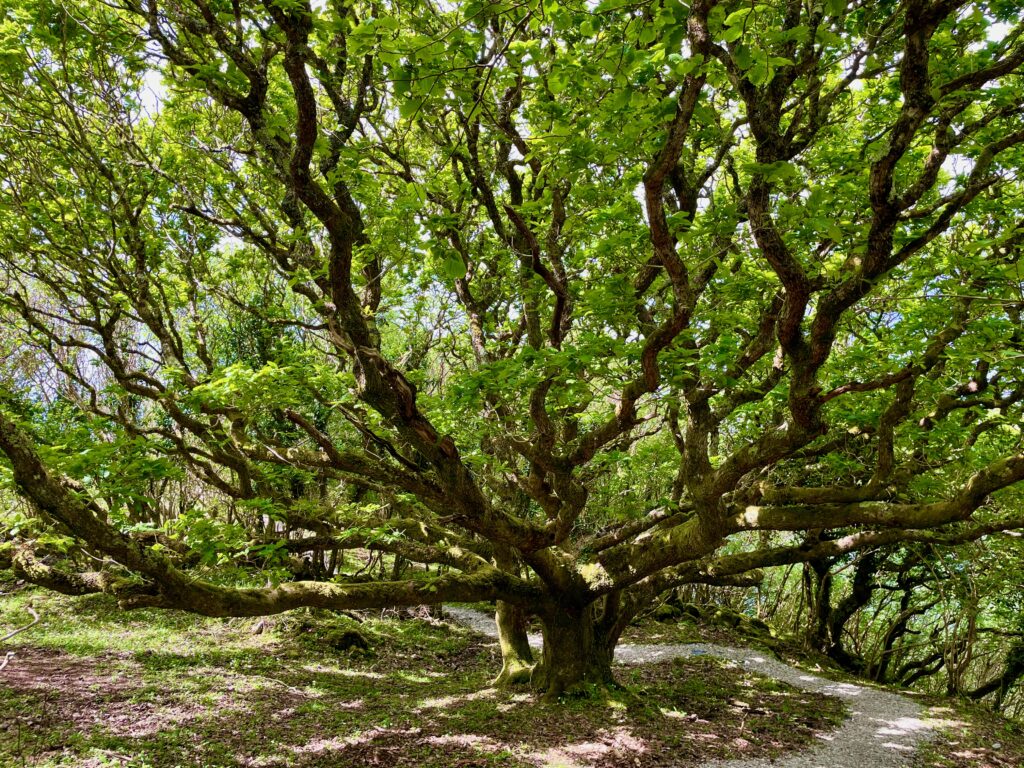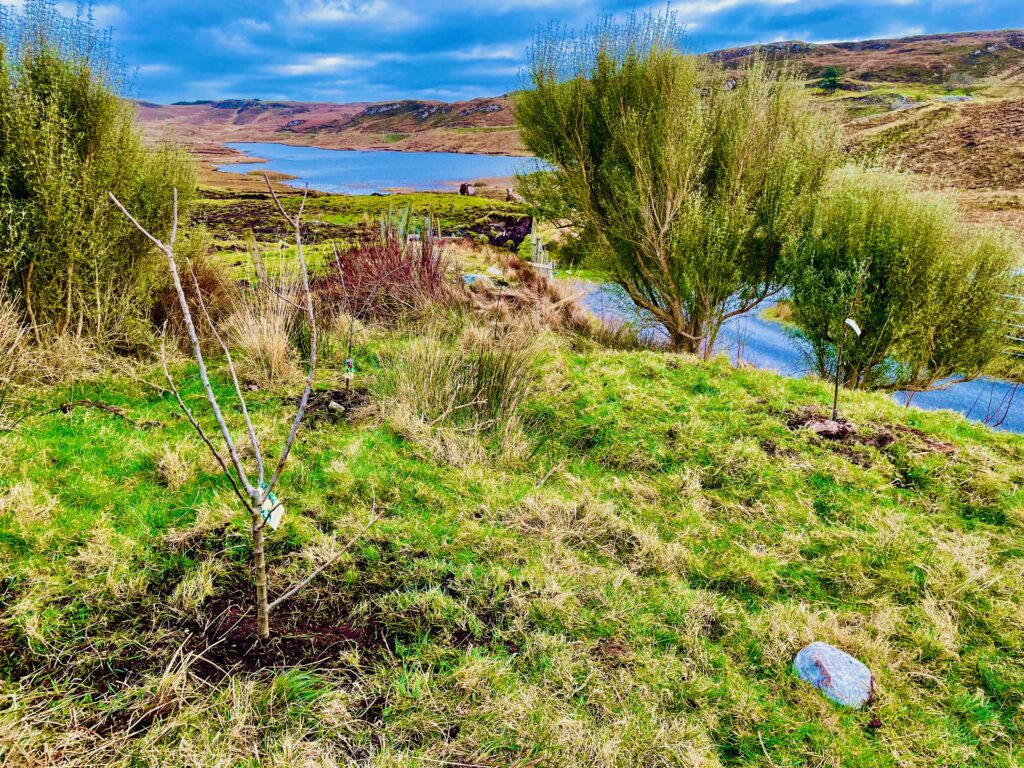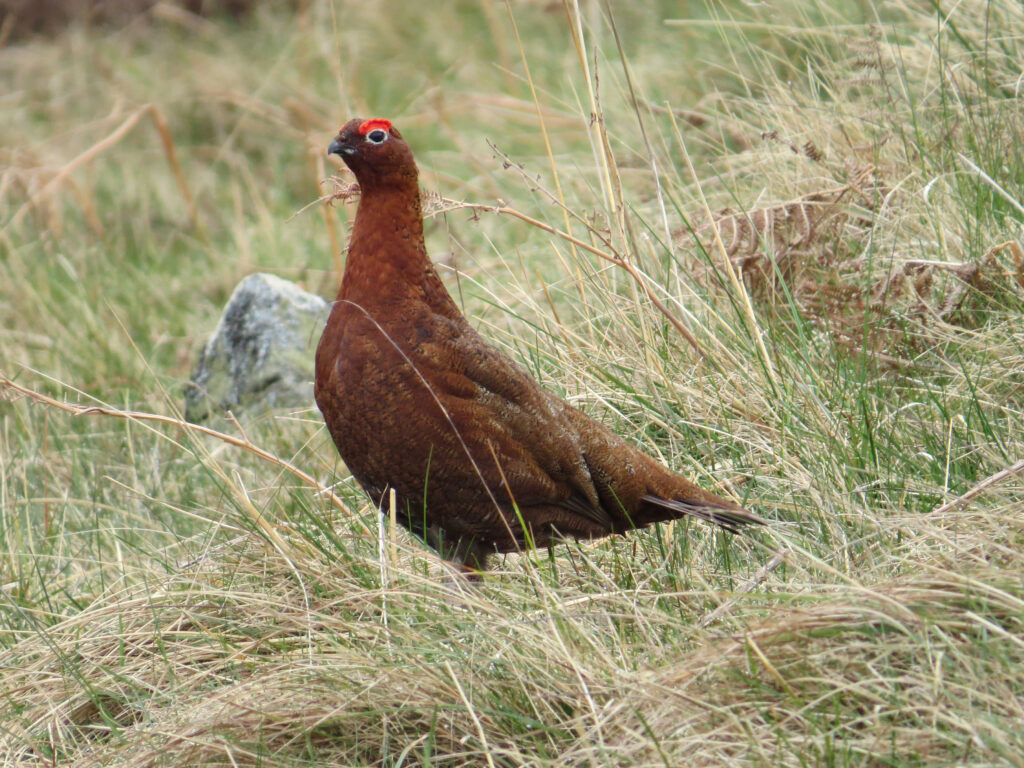The Challenges of Caring for Irish Bogland

“I say to you that even Solomon in all his glory was not arrayed like one of these.”
Matthew 6:29
Marsh Frittary, a local butterfly that is becoming regionally extinct in parts of Ireland.
CC License by Ian Kirk.
The Irish “Desert”
Rejuvenating Irish bogland—the so-called “desert” of the Green Isle—may be a difficult task. The land is acidic and exposed to severe gales which scorch vegetation. Their hurricane-strength winds whip in sand and salt from the nearby Atlantic coast. The valley’s slopes are exposed and patched with invasive species such as North American pine plantations, whose tannins brown and sour the lakes. These and other factors have diminished ecological diversity and driven away indigenous species such as the endangered red grouse, the snipe, and the Marsh Fritillary butterfly.

But ask now the beasts, and they shall teach thee; And the fowls of the air, and they shall tell thee: Or speak to the earth, and it shall teach thee: And the fishes of the sea shall declare unto thee. Who knoweth not in all these That the hand of the LORD hath wrought this?
―Job 12:7-9

Where We Begin
Red deer, foxes, and crows live well here. Heather and scrub, including edible berries like blackberries and rowan, dominate the mostly barren pastureland. Small tree species also contribute to the bogland heath, such as bog myrtle, willow, alder, and hazelnut. Though evidence of ancient oak forests can still be found in the bog lakes, the build-up of water-logged peat gave way to acidic bogland as early as 2500 BC, when prehistoric tribes first cleared the virgin forests. Certain apple trees can also grow well here. Our first trees, planted in February 2023, include apple, plum, hawthorn and hazelnut along the driveway. We pray that God will help us in our effort to support the ecological health of the area. The bogland challenges of the Shanakeever Valley will require our attention, patience, and faith.

CC License by MPF.